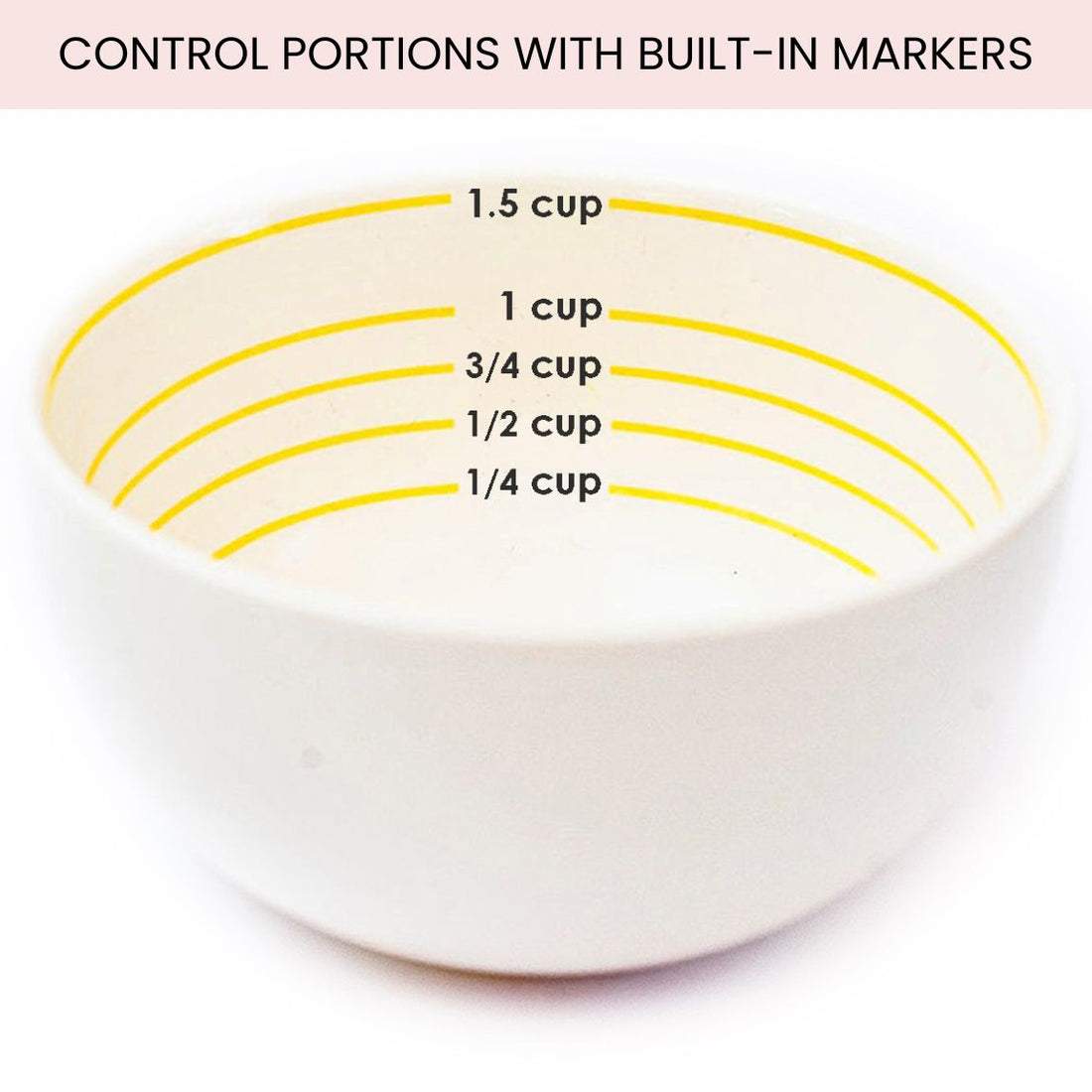Bariatric surgery is a life-changing procedure for individuals struggling with severe obesity. It offers the potential for significant weight loss and health improvements. However, the success of this surgery can vary, depending on various factors such as patient commitment, post-op recovery, and lifestyle changes. This blog will explore what influences the success rate of bariatric surgery and how patients can optimize their results for long-term success.
What is the Success Rate of Bariatric Surgery?
The success rate of bariatric surgery is often measured by excess weight loss, improvement in health conditions, and overall quality of life. On average, patients lose 50% to 70% of their excess body weight within the first 18 months post-surgery. Additionally, many experience significant improvements in obesity-related conditions like type 2 diabetes, sleep apnea, and high blood pressure.
However, these outcomes depend on multiple factors:
- Patient commitment: Success heavily depends on a patient’s willingness to follow post-op guidelines, dietary changes, and lifestyle modifications.
- Type of surgery: Different bariatric procedures, such as gastric bypass or gastric sleeve, may offer varied results.
- Long-term follow-up: Regular medical check-ups and adherence to recommended nutritional and physical activity plans are crucial for sustained success.
While bariatric surgery offers great potential for health improvements, it requires patients to take an active role in their recovery and long-term health management.
Factors That Influence Bariatric Surgery Success
The success of bariatric surgery depends on a combination of factors that extend far beyond the operation itself. Here are the key components that determine how successful a patient’s weight loss journey will be:
| Factor | Impact on Success |
|---|---|
| Patient Commitment | Following post-op dietary and exercise guidelines significantly increases the chances of successful, long-term weight loss. |
| Type of Surgery | The type of bariatric surgery performed (gastric bypass, gastric sleeve) can lead to different rates of weight loss and success. |
| Post-Op Care | Maintaining regular follow-ups with healthcare providers to monitor weight loss, address concerns, and make necessary adjustments is key. |
| Mental Health Support | Receiving emotional support and addressing any mental health concerns can help patients stay on track with lifestyle changes. |
Nutritional Guidelines and Their Role in Success
Nutrition plays a vital role in ensuring bariatric surgery success. After the procedure, your stomach’s capacity is significantly reduced, and eating habits must change accordingly to prevent complications and promote healing. Here’s a look at the proper nutritional stages following surgery:
| Phase | Guidelines |
|---|---|
| Phase 1 – Clear Liquids (Days 1-2) | Focus on hydration with clear liquids like water, broth, and sugar-free electrolyte drinks to allow your body to recover. |
| Phase 2 – Full Liquids (Weeks 1-2) | Start reintroducing nutrients with protein shakes, skim milk, and strained soups. The goal is gradual nutrient intake while still prioritizing hydration. |
| Phase 3 – Pureed Foods (Weeks 3-4) | Introduce smooth pureed foods like yogurt, mashed vegetables, and blended protein sources to transition to a more textured diet. |
| Phase 4 – Soft Foods (Weeks 5-8) | At this stage, you can gradually introduce soft, solid foods such as scrambled eggs, tender fish, and soft fruits, while maintaining portion control. |
| Phase 5 – Regular Foods (After 8 Weeks) | Return to a balanced diet, focusing on lean proteins and nutrient-rich foods. Avoid high-fat, sugary, and processed foods to prevent complications. |
Following these phases is crucial to preventing complications such as nausea, vomiting, or nutrient deficiencies. Please consult with your healthcare provider for a customized phase wise plan. Hydration and sufficient protein intake are essential during each phase of recovery. You can also get a few free healthy eating guides here.
Complications and How They Affect Success
Although bariatric surgery has a high success rate, complications can impact the overall outcome. Understanding and managing these potential risks is crucial to maintaining long-term results. Common complications include:
- Dumping Syndrome: This occurs when food moves too quickly from the stomach to the small intestine, causing nausea, dizziness, and diarrhea.
- Nutrient Deficiencies: Malabsorption of essential vitamins and minerals like B12, iron, and calcium can lead to deficiencies, requiring lifelong supplementation.
- Dehydration: Failing to consume enough fluids can result in dehydration. Patients must aim for at least 64 ounces of water per day.
- Weight Regain: Some patients may regain weight if they don’t adhere to the recommended dietary and lifestyle changes after surgery.
These complications highlight the importance of following your healthcare team’s advice regarding diet, hydration, and supplement intake after bariatric surgery.
Conclusion: What Determines the Success of Bariatric Surgery?
In conclusion, while bariatric surgery is an effective tool for weight loss, its success largely depends on a patient’s commitment to post-operative care. Adopting a healthy lifestyle with proper nutrition, hydration, and physical activity is crucial for maintaining long-term results. Following the recommended recovery phases and avoiding potential complications will help ensure successful outcomes. Regular medical follow-ups and mental health support also play a key role in achieving lasting success after bariatric surgery.
Ultimately, the success rate of bariatric surgery is influenced by a combination of factors, but with the right approach and commitment, many patients experience life-changing improvements in their health and well-being.









